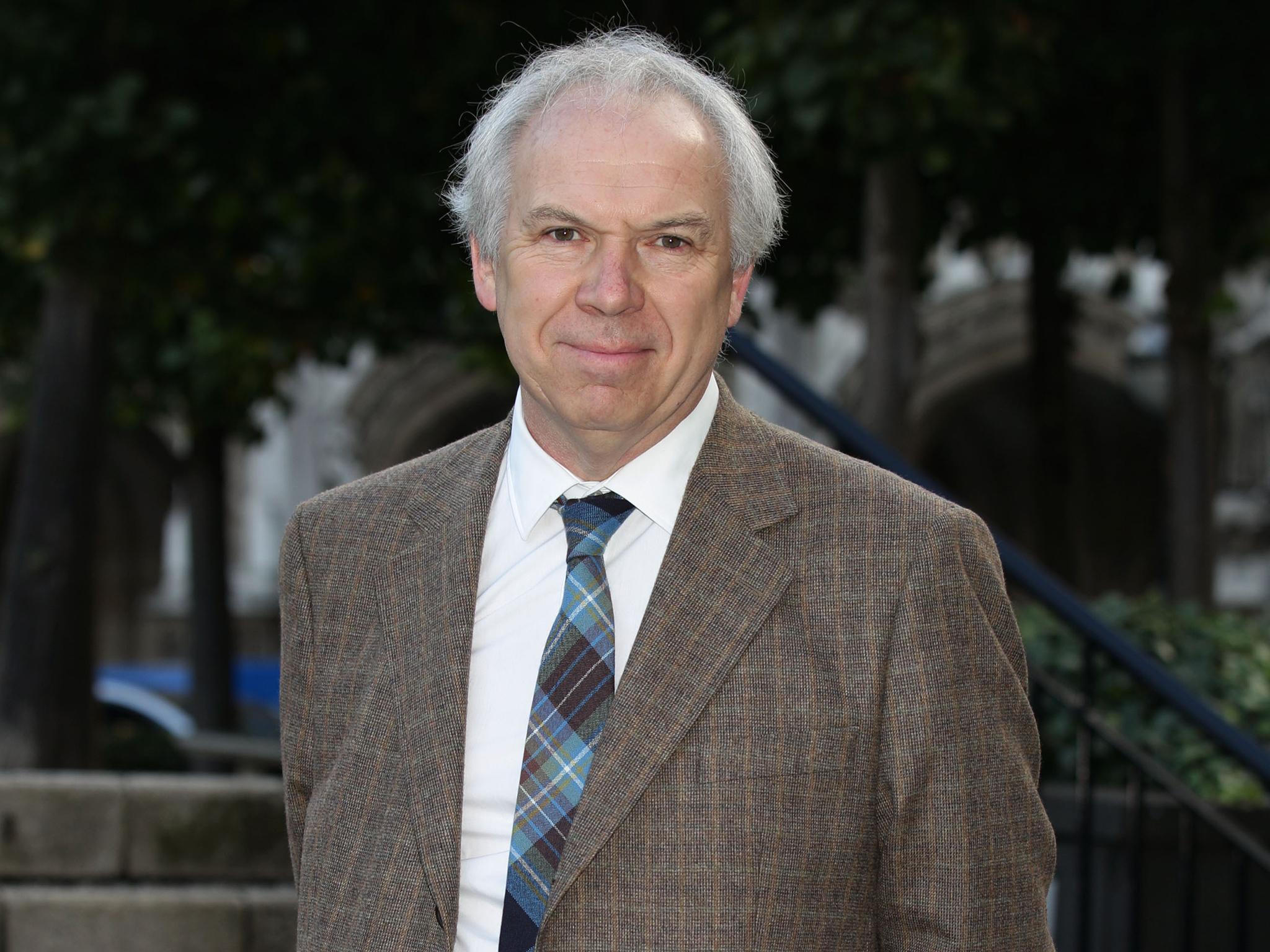Politicians expect us to pick up their expenses – just as we'll be forced to foot the bill for Brexit
The case of Lord Bassam is scandalous but there are countless examples of peers and MPs who have taken us taxpayers for a ride


Your support helps us to tell the story
From reproductive rights to climate change to Big Tech, The Independent is on the ground when the story is developing. Whether it's investigating the financials of Elon Musk's pro-Trump PAC or producing our latest documentary, 'The A Word', which shines a light on the American women fighting for reproductive rights, we know how important it is to parse out the facts from the messaging.
At such a critical moment in US history, we need reporters on the ground. Your donation allows us to keep sending journalists to speak to both sides of the story.
The Independent is trusted by Americans across the entire political spectrum. And unlike many other quality news outlets, we choose not to lock Americans out of our reporting and analysis with paywalls. We believe quality journalism should be available to everyone, paid for by those who can afford it.
Your support makes all the difference.“Institutional rot” is a phrase that describes wrongdoing in which the perpetrators have been influenced by their observation that “everybody is doing it”. The case of Lord Bassam, Labour’s Chief Whip in the House of Lords, who has recently agreed to repay £41,000 in expenses after admitting that he had been wrong to claim them, looks to be an example.
The case is indeed scandalous. The peer, who lives in Brighton, has claimed £260,000 over seven years to cover the cost of accommodation in London. However, he did not stay in London but commuted each day from Brighton, claiming a further £41,000 in the same period to cover the cost of train and taxi fares.
When questioned, the peer said that while he had not been advised that any breach of the rules has taken place, “waiving the right to such travel claims would perhaps have been a more appropriate response on my part”. That’s one way of putting it.
I’d say that Lord Bassam has put his hand into taxpayers’ pockets and extracted just over a quarter of a million pounds for his own benefit. That is the sum of money he should repay.
As a member of the Shadow Cabinet, Lord Bassam’s entitlement to the Lords office holders allowance is paid as part of his salary. He says he has already referred himself to the Lords standards commissioner to determine whether he has broken the peers’ code of conduct.
At this stage, no question of legal wrongdoing appears to have been raised. Some observers might remember the contrasting case of Lord Hanningfield. In February 2010, he was charged with offences under section 17 of the Theft Act 1968 relating to false accounting for claims for overnight accommodation. He was found guilty on all six counts and sentenced to nine months’ imprisonment.
Still, what Lord Bassam will undoubtedly have noticed is that in the House of Lords you find countless examples of a moral offence called “taking us taxpayers for a ride”. As an example, a recent study showed that 16 peers claimed about £400,000 without speaking in any debates or submitting any questions for an entire year. These so-called “silent” peers gamed the system by pocketing thousands of pounds in expenses and daily allowances while contributing nothing.
Institutional rot is at least as prevalent in the House of Commons, or at least it was. The 2009 expenses revelations still tell a story. Considering only members of the present Cabinet, I mention only those who have had problems with their parliamentary expenses and paid money back.
To start with there is David Lidington, Secretary of State for Justice, who claimed nearly £1,300 for his dry cleaning and had also claimed for toothpaste, shower gel, body spray and vitamin supplements on his second-home allowance. He decided to repay the claims for toiletries, suddenly realising that he was being judged by the electorate rather than by fellow MPs. As he said: “I accept that many people would see them [the claims] as over-generous.”
Liam Fox illustrates a different principle – nothing is too small to claim. In 2012-13 he made 15 claims of less than £1 for car travel, two of which were for 24p and 44p.
Under the “nice work if you can get it” rubric comes Michael Gove. He claimed in 2006 that moving house was necessary “to effectively discharge my parliamentary duties” and that taxpayers should thus pick up the bills for the cost of the move. Can you think of any other occupation where you can say to your employer: “Oh, by the way, my house is in the wrong place; will you reimburse me for the costs of moving somewhere else?”
Finally there is Chris Grayling. Between 2001 and 2009, he claimed expenses for his flat in Pimlico, close to the Houses of Parliament, despite having a constituency home no further than 17 miles away. He said he used the flat when “working very late” because he needed to “work very erratic and late hours most days when the House of Commons is sitting”. Perhaps he hadn’t noticed that he could park his car for free at the Palace of Westminster or that public transport in London operates until after midnight.
Curiously I find that three of the MPs I have mentioned are Brexiteers, with Lidington sitting on the fence. They seem to be saying that while they attempt to lead us to the Promised Land, we shall have to pick up all their expenses – and then some.
Join our commenting forum
Join thought-provoking conversations, follow other Independent readers and see their replies
Comments